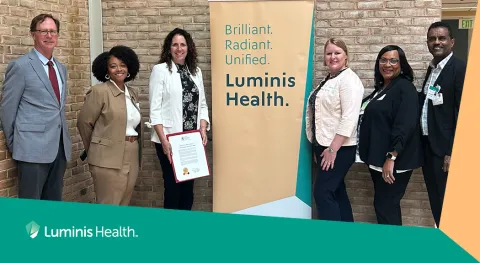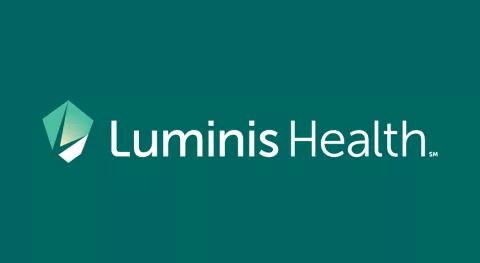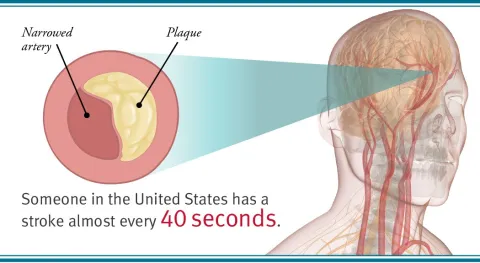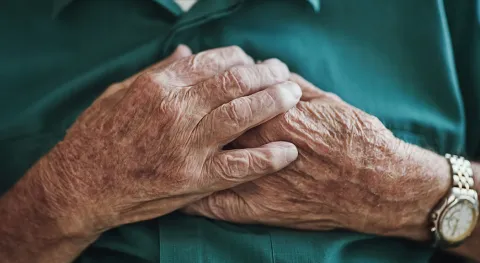Stroke Diagnosis and Treatment
Strokes can affect cognitive function, speech and a wide range of physical abilities. Detecting and treating a stroke quickly improves your chances of recovery.
Stroke tests and screening
As soon as you arrive at the hospital, our stroke team examines you. We'll screen your symptoms and rule out other health conditions that can mimic a stroke. Stroke signs and symptoms include:
- Dizziness or loss of balance.
- Changes in vision.
- Severe headache.
- Facial drooping.
- Weakness or numbness in the arm or leg.
- Difficulty with speech.
- Confusion or altered mental status.
We're experts at treating the many types of strokes, including:
- Ischemic, where there's a clot in a blood vessel that carries blood to your brain. This type accounts for 87% of strokes.
- Hemorrhagic, where a weak blood vessel that ruptures and bleeds into your brain.
- Transient Ischemic Attacks (TIAs), also called “mini-strokes." These are often warning signs. They don't cause permanent damage.
If we suspect a stroke, we run advanced brain scan tests, like a CT scan or an MRI. We may also do a CT angiogram (a CT scan with an injection of a special dye), which lets us get a closer look at the blood vessels and tissues in your brain.
These tests tell us what kind of stroke it is, so we can administer the proper treatment.
Stroke treatments
Our stroke treatments are highly individualized, depending on your diagnosis and symptoms and may include:
Special medicine can break up a clot and prevent further symptoms. But you must receive it shortly after your symptoms start. That's why speed is vital — both on your part in calling 911, and our part in assessing and treating you.
Our stroke team performs state-of-the-art, minimally invasive surgery to stop bleeding, repair a weak or damaged blood vessel or remove a clot.
When you come to us for stroke care, you'll get a dedicated team of rehabilitation professionals. We work together to provide personalized care with:
- Physical therapists to help you regain your strength, balance and physical function.
- Occupational therapists to help you relearn daily skills and show you ways to live and thrive with changes in your abilities.
- Speech-language therapists to help you regain communication, swallowing and memory skills.



